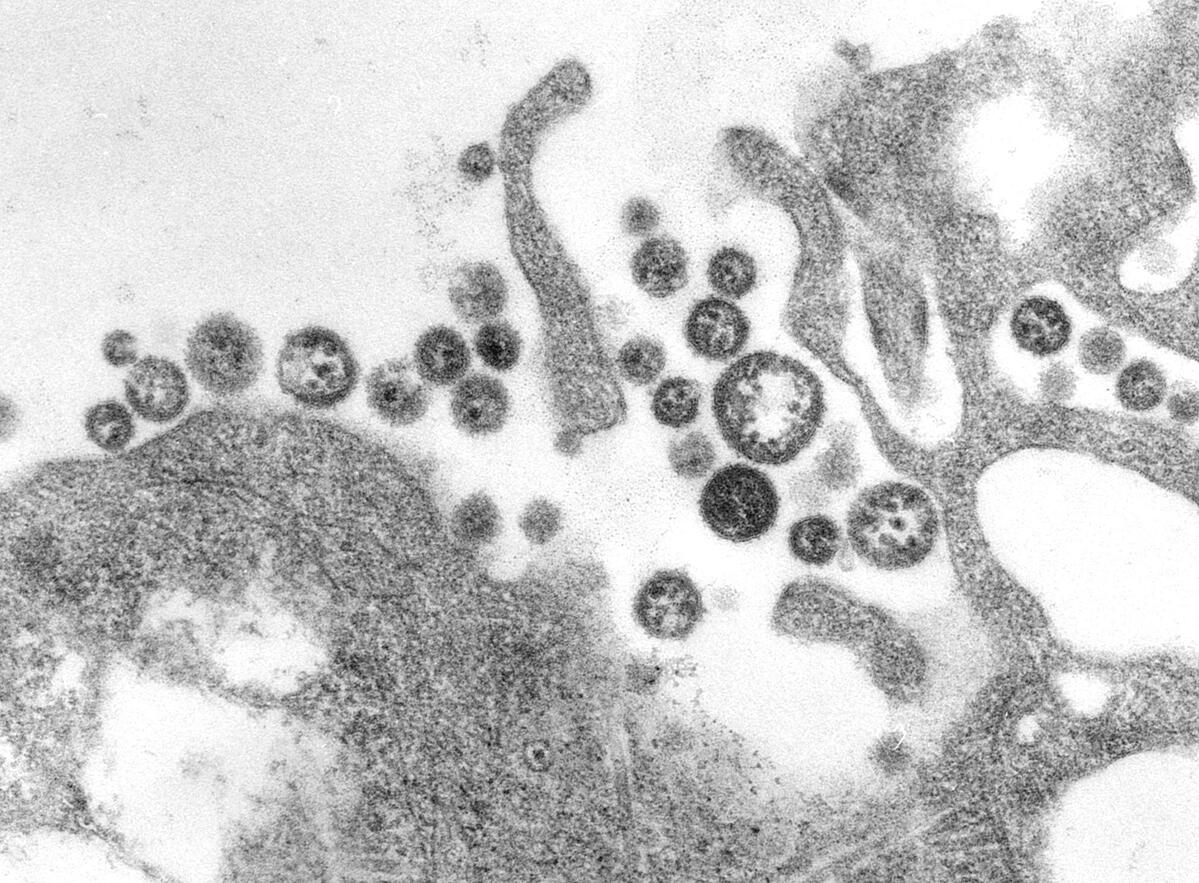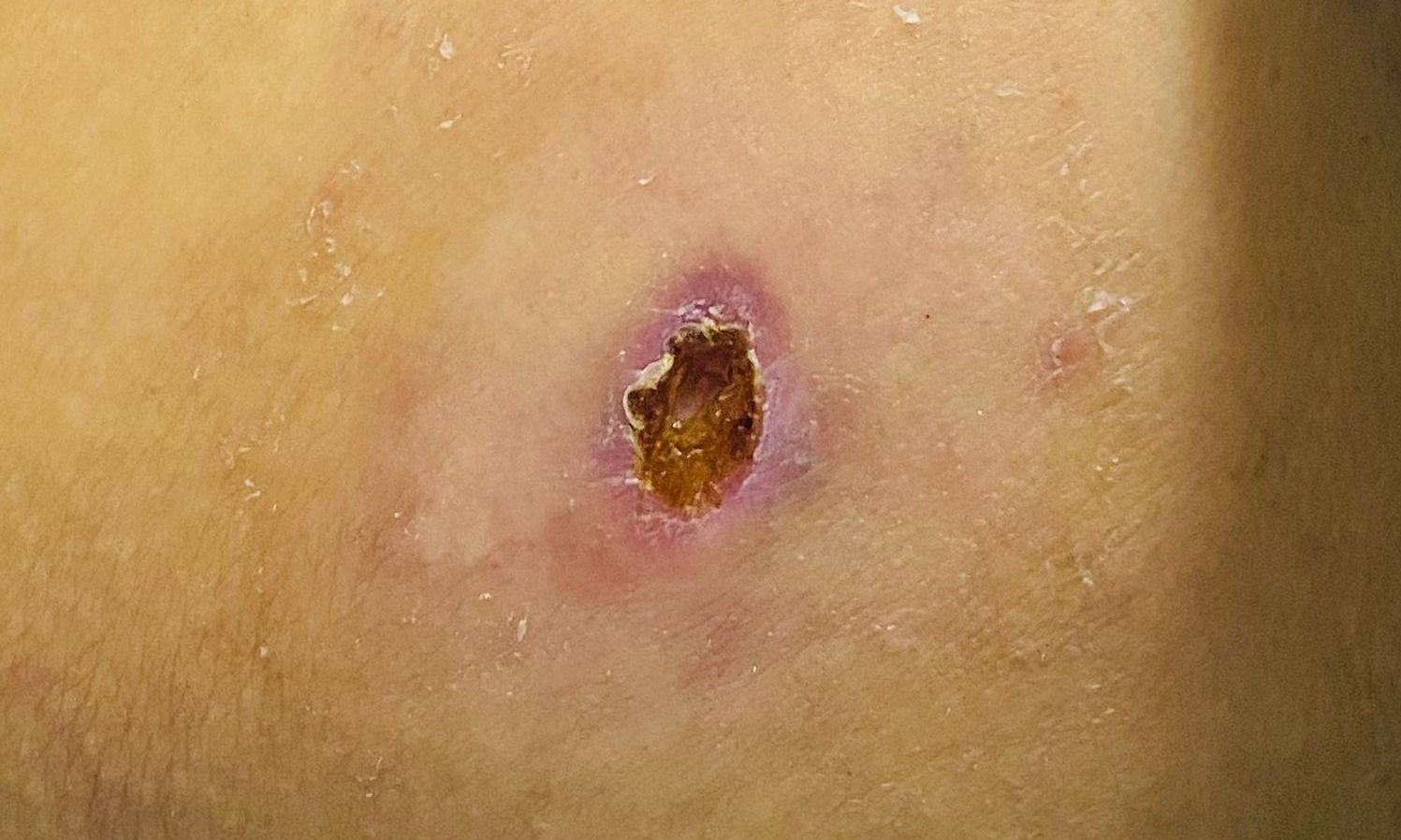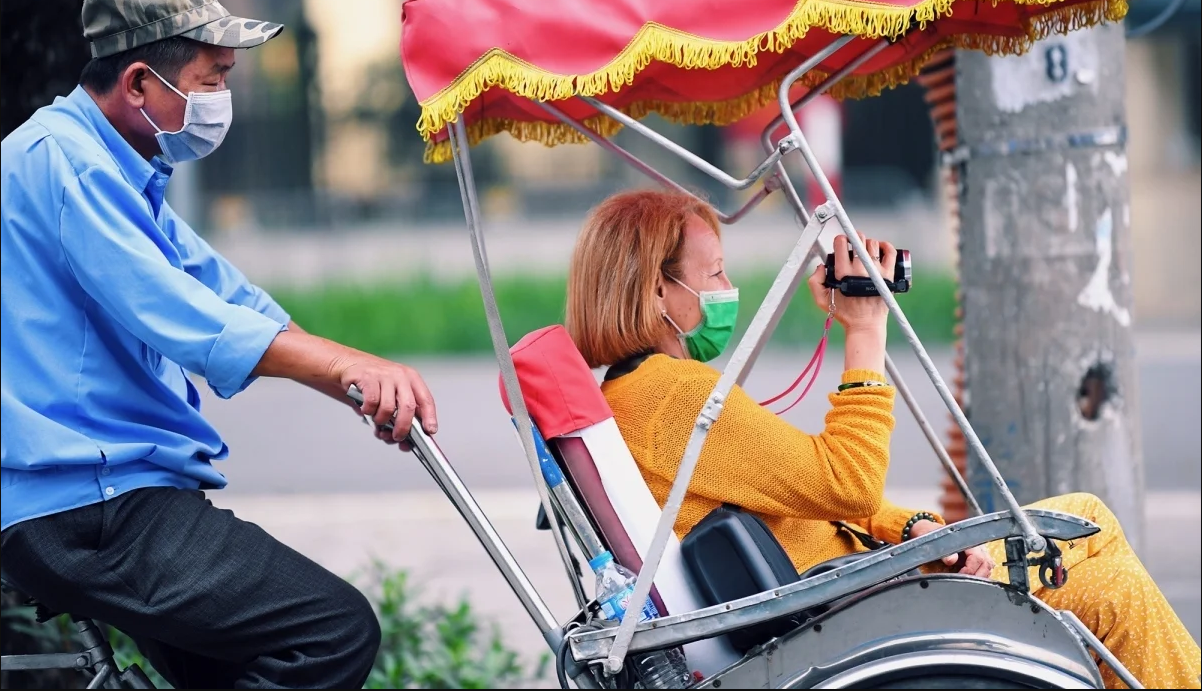10 people in Nigeria died from malignant dengue fever
Since the beginning of this year, Lassa hemorrhagic fever has killed at least 10 people in Ebonyi state, Nigeria.
The data was compiled by the Disease Surveillance Agency, Nigerian Ministry of Health, from January 4 to February 16. Sampson Orogwu, a supervisor from the Ministry of Health, said the country recorded 25 infected people, including two health workers. 6 patients are men, 9 are women. Among the dead were a pregnant woman and two children.
Areas affected by the disease include Onicha, Ikwo, Ezza North, Ebonyi, Izzi, Ohaukwu and Abakaliki. Mr. Orogwu urged people to report suspected cases to the Ministry of Health or local health authorities.
Ogbonna Nwambeke, Ebonyi state's leading epidemiologist, said the government is coordinating with agencies to check and prevent the spread of the disease.
"We urgently call for logistics services to strengthen surveillance and community participation to prevent risks of the disease. People are also advised not to burn forests, avoid eating rat meat, and not touching surfaces that sick people touch," Ogbonna said.
He also advised people to maintain personal and environmental hygiene and properly cover food and personal items.
According to the Nigeria Center for Disease Control, in 2023 there were at least 219 deaths recorded out of 1,227 Lassa hemorrhagic fever cases.

Lassa fever is an acute hemorrhagic fever caused by the Lassa virus, a member of the Arenavirus family. People can get the virus through food or household items contaminated with rodent urine or feces.
In severe cases, patients may experience facial swelling, fluid in the lungs, bleeding in the mouth, nose, vagina or gastrointestinal tract and a sharp drop in blood pressure. Some patients may experience tinnitus, nosebleeds, rash, cough and dizziness.
Patients usually recover after 4-7 days, but in severe cases, it can cause shock, delirium, pulmonary rales, pleural effusion, and generalized convulsions. Sequelae may include hair loss, eyelid inflammation, and temporary loss of vision.
* SOURCE: https://vnexpress.net/10-nguoi-o-nigeria-tu-vong-do-benh-sot-xuat-huyet-ac-tinh-4713784.html









 Facebook
Facebook
 Tweet
Tweet
 Zalo
Zalo







 News
News

















 Sign in with Facebook
Sign in with Facebook
 Sign in with Google
Sign in with Google